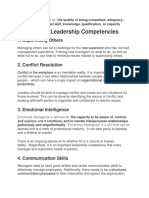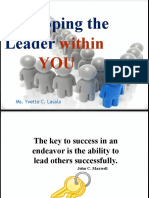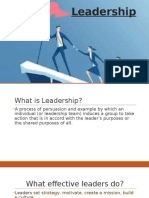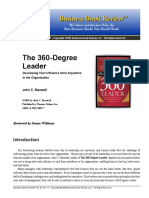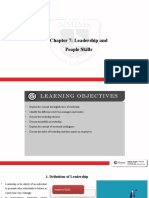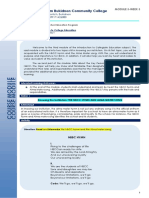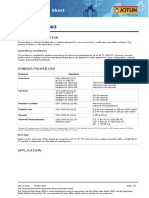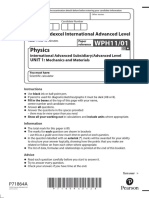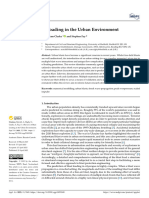0% found this document useful (0 votes)
28 views27 pagesLecture 2
The document discusses common myths and facts about leadership, emphasizing that leadership is not limited to a single type or inherent traits but can be developed through learning and experience. It highlights the importance of shared leadership, the need for effective leadership at all organizational levels, and differentiates between management and leadership. Additionally, it includes a case study on Richard Branson and provides recommendations for further reading on leadership.
Uploaded by
gargkrishna888Copyright
© © All Rights Reserved
We take content rights seriously. If you suspect this is your content, claim it here.
Available Formats
Download as PDF, TXT or read online on Scribd
0% found this document useful (0 votes)
28 views27 pagesLecture 2
The document discusses common myths and facts about leadership, emphasizing that leadership is not limited to a single type or inherent traits but can be developed through learning and experience. It highlights the importance of shared leadership, the need for effective leadership at all organizational levels, and differentiates between management and leadership. Additionally, it includes a case study on Richard Branson and provides recommendations for further reading on leadership.
Uploaded by
gargkrishna888Copyright
© © All Rights Reserved
We take content rights seriously. If you suspect this is your content, claim it here.
Available Formats
Download as PDF, TXT or read online on Scribd
/ 27



